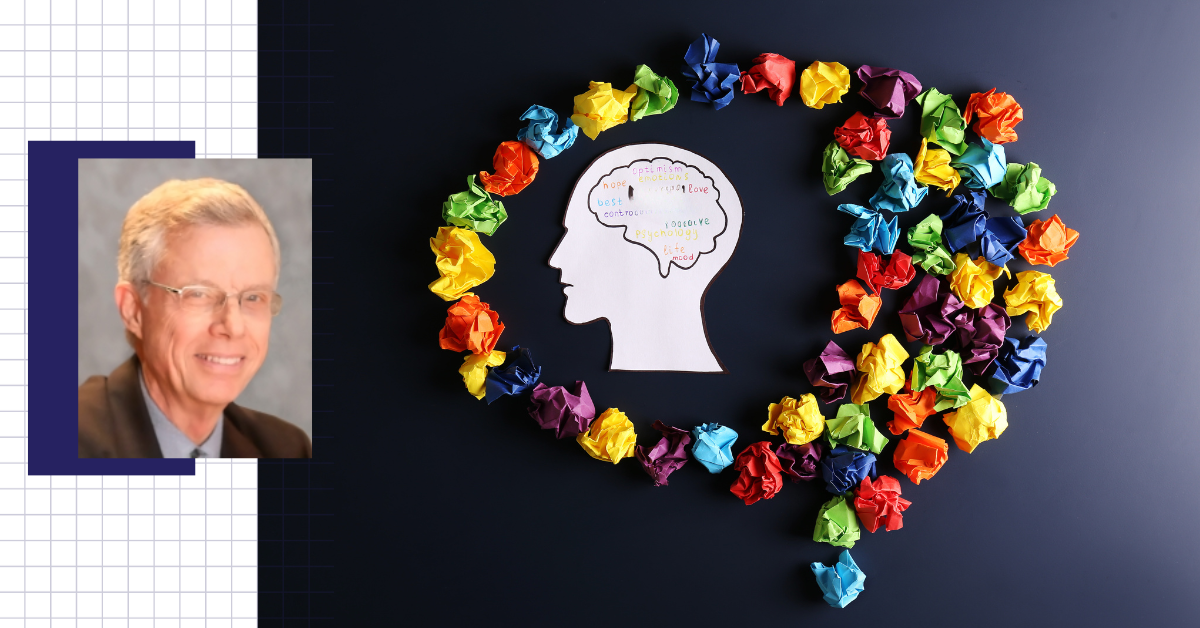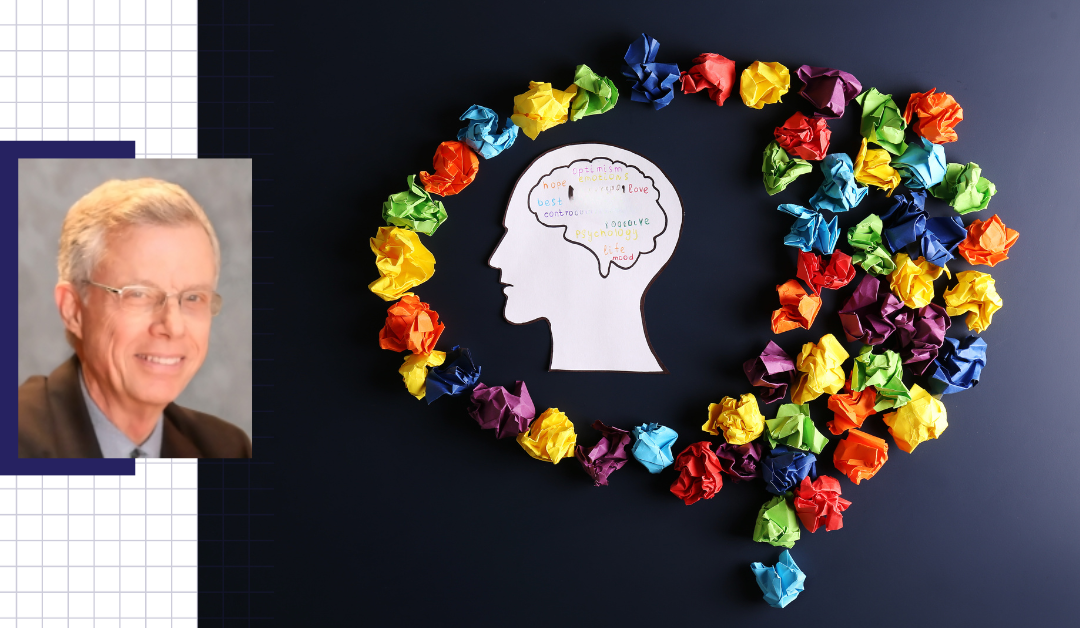
Author: Stephen Faraone, Ph.D.
Myth: ADHD medications “anesthetize” ADHD children.
The idea here is that the drug treatment of ADHD is no more than a chemical straightjacket intended to control a child’s behavior to be less bothersome to parents and teachers. After all, everyone knows that if you shoot up a person with tranquillizers they will calm down.
Fact: ADHD medications are neither anesthetics nor tranquillizers.
The truth of the matter is that most ADHD medications are stimulants. They don’t anesthetize the brain; they stimulate it. By speeding up the transmission of dopamine signals in the brain, ADHD medications improve brain functioning, which in turn leads to an increased ability to pay attention and to control behavior. The non-stimulant medications improve signaling by norepinephrine. They also improve the brains ability to process signals. They are not sedatives or anesthetics. When taking their medication, ADHD patients can focus and control their behavior to be more effective in school and work and in their relationships. They are not “drugged” into submission.
Myth: ADHD medications cause drug and alcohol abuse
We know from many long-term studies of ADHD children that when the reach adolescence and adults they are at high risk for alcohol and drug use disorders. Because of this fact, some media reports have implied that their drug use was caused by treatment of their ADHD with stimulant medications.
Fact: ADHD medications do not cause drug and alcohol abuse
It is true that some ADHD medications use the same chemicals that are found in street drugs such as amphetamine. But there is a very big difference between these medications and street drugs. When street drugs are injected or snorted, they can lead to addiction, but when they are taken in pill form as prescribed by a doctor, they do not cause addiction. In fact, when my colleagues and I examined the world literature on this topic we found that, rather than causing drug and alcohol abuse, stimulant medicine protected ADHD children from these problems later in life. One study from researchers at Harvard University and the Massachusetts General Hospital found that the drug treatment of ADHD reduced the risk for illicit drug use by 84 percent. These findings make intuitive sense. These medicines reduce the symptoms of the disorder that lead to illicit drug use. For example, an impulsive ADHD teenager who acts without thinking is much more likely to use drugs than an ADHD teen whose symptoms are controlled by medical drug treatment. After we published our study, other work appeared. Some of these studies did not agree that ADHD medications protected ADHD people from drug abuse but they did not find that they caused drug abuse.
Myth: Psychological or behavior therapies should be tried before medication.
Many people are cautious about taking medications and that caution is even stronger when parents consider treatment options for their children. Because medications can have side effects, shouldn’t people with ADHD try a talk therapy before taking medicine?
Fact: Treatment guidelines suggest that medication is the first line treatment.
The problem with trying talk or behavior therapy before medication is that medication works much better. For ADHD adults, one type of talk therapy (cognitive behavioral therapy) is recommended, but only when the patient is also taking medication. The Multimodal Treatment of ADHD (MTA) study examined this issue in ADHD children from several academic medical centers in the United States. That study found that treating ADHD with medication was better than treating it with behavior therapy. Importantly, behavior therapy plus medication was no more effective than medication alone. That is why treatment guidelines from the American Academy of Pediatrics and the American Academy of Child and Adolescent recommend medicine as a first line treatment for ADHD, except for preschool children. It is true that ADHD medications have side effects, but these are usually mild and typically do not interfere with treatment. And don’t forget about the risks that a patient faces when they do not use medications for ADHD. These untreated patients are at risk for a worsening of ADHD symptoms and complications.
Myth: Brain abnormalities of ADHD patients are caused by psychiatric medications
A large scientific literature shows that ADHD people have subtle problems with the structure and function of their brains. Scientists believe that these problems are the cause of ADHD symptoms. Critics of ADHD claim that these brain problems are caused by the medications used to treat ADHD. Who is right?
Fact: Brain abnormalities are found in never medicated ADHD patients.
Alan Zametkin, a scientist at the US National Institute of Mental Health was the first to show brain abnormalities in ADHD patients who had never been treated for their ADHD. He found that some parts of the brains of ADHD patients were underactive. His findings could not be due to medication because the patients had never been medicated. Since his study, many other researchers have used neuroimaging to examine the brains of ADHD patients. This work confirmed Dr. Zametkin’s observation of abnormal brain findings in unmedicated patients. In fact, reviews of the brain imaging literature have concluded that the brain abnormalities seen in ADHD cannot be attributed to ADHD medications.
REFERENCES
Wilens, T., Faraone, S. V., Biederman, J. & Gunawardene, S. (2003). Does Stimulant Therapy of Attention Deficit Hyperactivity Disorder Beget Later Substance Abuse? A Meta-Analytic Review of the Literature. Pediatrics 111, 179-185.
Humphreys, K. L., Eng, T. & Lee, S. S. (2013). Stimulant Medication and Substance Use Outcomes: A Meta-analysis. JAMA Psychiatry, 1-9.
Chang, Z., Lichtenstein, P., Halldner, L., D’Onofrio, B., Serlachius, E., Fazel, S., Langstrom, N. & Larsson, H. (2014). Stimulant ADHD medication and risk for substance abuse. J Child Psychol Psychiatry 55, 878-85.
Nakao, T., Radua, J., Rubia, K. & Mataix-Cols, D. (2011 ). Gray matter volume abnormalities in ADHD: voxel-based meta-analysis exploring the effects of age and stimulant medication. Am J Psychiatry 168, 1154-63.
Rubia, K., Alegria, A. A., Cubillo, A. I., Smith, A. B., Brammer, M. J. & Radua, J. (2014). Effects of stimulants on brain function in attention-deficit/hyperactivity disorder: a systematic review and meta-analysis. Biol Psychiatry 76, 616-28.
Spencer, T. J., Brown, A., Seidman, L. J., Valera, E. M., Makris, N., Lomedico, A., Faraone, S. V. & Biederman, J. (2013). Effect of psychostimulants on brain structure and function in ADHD: a qualitative literature review of magnetic resonance imaging-based neuroimaging studies. J Clin Psychiatry 74, 902-17.

